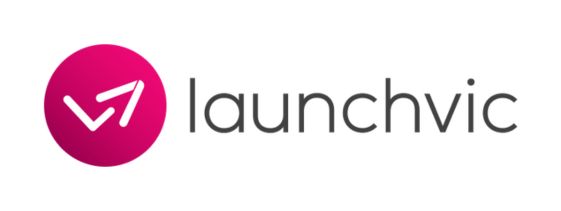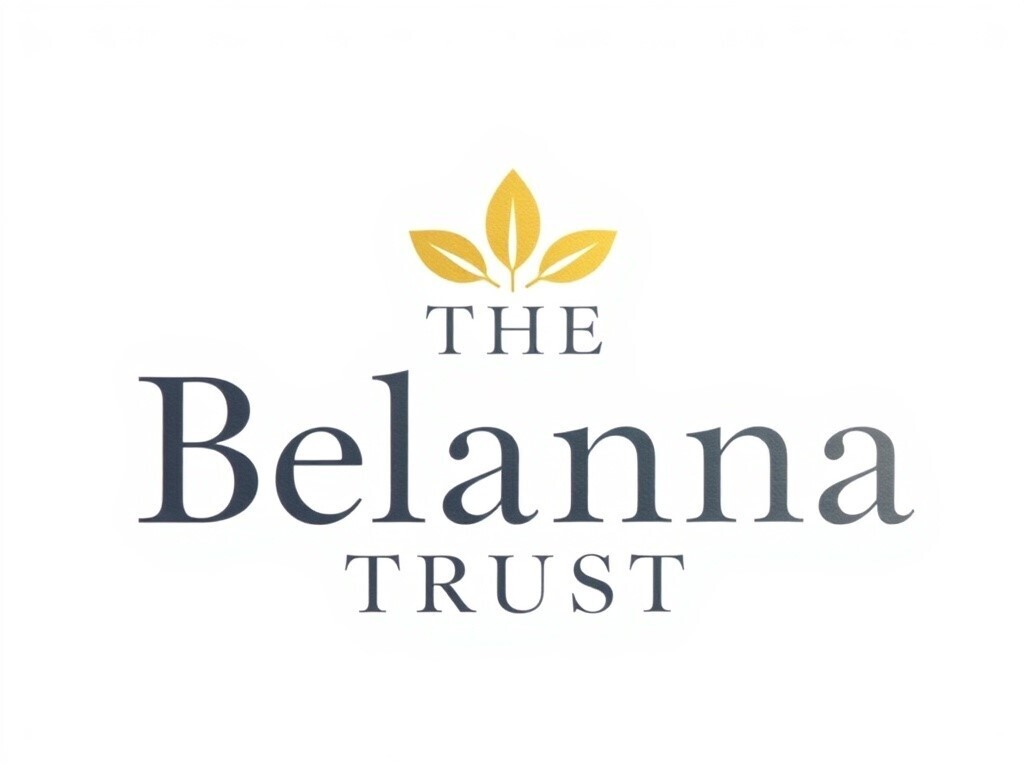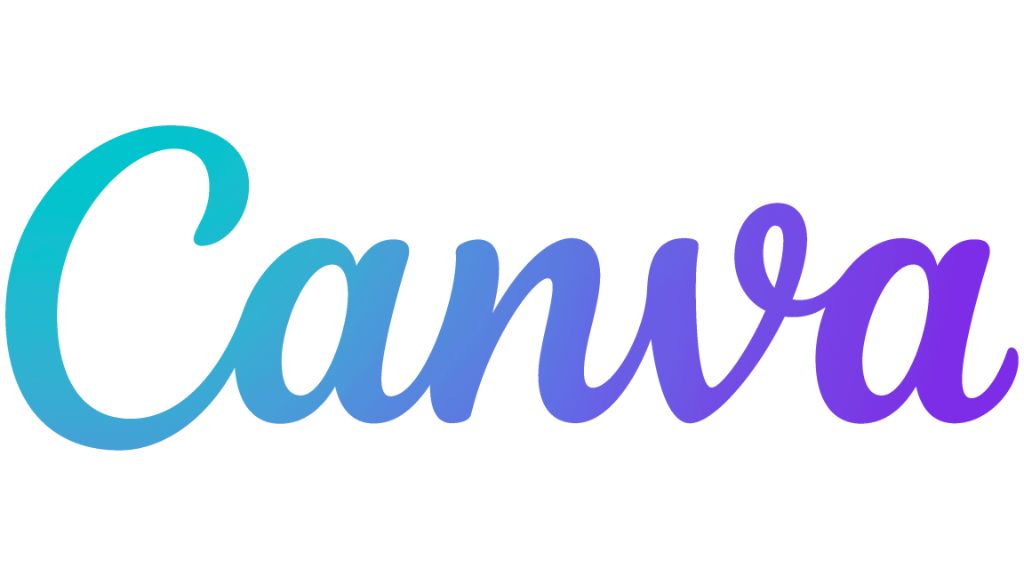Matt Pierri Returns - The Business Case for Disability Tech Investment
You can also stream this episode on Spotify or Apple Podcasts.
Episode Transcript
To access a transcript of this episode click on the drop-down button below.
[00:00:00] Voice Over (VO) We would like to acknowledge the traditional owners of the lands on which we record this podcast. The Gadigal people. This is their land, never ceded, always sacred and pay respects to the elders past, present, and emerging of this place.
[00:00:16] (Bright, uplifting music with electronic beats and cheerful synth melodies.)
[00:00:17] VO Coming up on Remarkable Insights
[00:00:19] Matt Pierri They can't really sort of imagine disabled people as a marketer, as consumers. It's just somebody basically telling you that your lived experience is not true and they don't know why, it just doesn't feel right.
[00:00:27] Viv Mullen: What if the way we think about disability is holding back one of the biggest opportunities for innovation? Hi, I'm Viv Mullan and to explore this question we're excited to bring back an old friend, Matt Pierri, the founder and CEO of Sociability and now Remarkable's Entrepreneur in Residence.
So let's welcome him back to Remarkable Insights. Matt Pierri, it was two years ago, I think, that we had you on here for the first episode. What's happened since then?
[00:00:49] Matt Pierri Hi Viv, yeah, it's a pleasure to be back. It doesn't feel like two years, but I guess time flies when you're having fun. Since we last spoke, basically our mission at Sociability has been the same, we've just been trying to do it bigger and better. So we're excited to say that today, can't exactly I remember where we last spoke, but today we're up and running in London and increasingly across the UK. We have more than 10,000 venues mapped across London, which means if you come and you use the platform there, it'll do what it says on the tin, which is nice. To that extent, we're really gearing up for how we can start to think about doing what we do and helping to serve who will find accessible places in more places, particularly around the UK first and then thinking, hopefully, the next couple of years internationally.
[00:00:39] Viv Mullen: And if you can, two years ago, where was Sociability at? Was it still very much in ideation stage when we're talking about the growth? Like how much has it grown in that time?
[00:01:50] Matt Pierri Yeah. So for the last couple of years, for us, it's been really a mission to do two things. One, is to build the data set of information in particularly in London, but across the UK a bit more broadly, some of the biggest strategic cities and figuring out I guess, the model to do that efficiently while making sure that we have really accurate high quality data. And then separately, it's been really thinking about how do we build a product that will give disabled users and their friends and family a really top tier user experience. And I think on our end, the ambition is, we're in the disability tech space, but the ambition is to be a top tier technology company to make sure that everyone's experience is equal, if not better, to what they would get from using other mainstream products. And I think it's taken us a bit of time to kind of figure out, what that looks like and how to build a system that we can hopefully then replicate in other places. But yeah, I mean, to that extent, it's been a hopefully productive two years and we're excited to, you know, to be able to say today, we're much more confident in both the product and the database.
[00:02:50] Viv Mullen: Looking back at your journey with Sociability and just as I know you sort of avoid the word entrepreneur at times, doesn't feel too natural to you, but I reckon it's what you are.
From what I know and my sort of take on you is that you have been at the forefront of technology just naturally, you're quite curious. Has there been any sort of software or hardware that in your journey building sociability that has sort of surprised you, that has been really helpful that you didn't really forecast for when you were building the app?
[00:03:21] Matt Pierri A lot of the screen reader technology that exists today is really impressive. So particularly stuff that's built into iPhones and Android phones natively.
It's very comprehensive. And I think what I probably didn't appreciate is that if you are building a product, you can use a lot of those native tools inside the device to actually make them really accessible to disabled users, particularly those with vision impairments or blind users. And I think that's been a really nice thing to realize that the big kind of technology players are putting in the right tools and sort of, yeah, the right tools and technologies into their products to make them accessible.
I think, I guess on the flip side, in terms of thinking about how to do best practice around some of these things and how to use a lot of these tools in a really thoughtful way, we've definitely realised there's been a little bit less thinking on that front. So the technical tools exist, but as to how they should be implemented and sort of what kind of protocols should be followed, there's a lot of gaps. And a very simple example is, for example, we use a map as the kind of like homepage of our platform. There's not a lot of easy ways to convert a map into a screen reader friendly or kind of non-visual tool. I know one of the remarkable ventures is doing exactly this, but I think that was an interesting insight where a lot of the big players have no solution to this. They just sort of say, well, put some arrows on the map. But obviously, if you have difficulty seeing, having arrows on a map that you still can't see is not going to do a lot. So I think that was an interesting insight to see that there was a fair amount of tools available but not actually a lot of kind of advice or instructions on how to use them in a thoughtful way.
[00:005.32] Viv Mullen: And Sociability right now, it started in London. And I believe if I'm allowed to mention, you are piloting it in Sydney, sort of as we speak, maybe not as we speak, depending on when this is released. But I wonder, I'm sort of acutely aware that there's a responsibility that Remarkable has and anyone working in disability tech to be mindful of the fact that 80% of the world population of people with disabilities sort of live in low to middle income countries. And so, you know, when we're creating things, when we talk about accessibility, it's about people being able to use those easily and access them affordably and in places that are low to middle income countries. And I kind of wonder when you're mapping out Sociability, is there part of that concept of where it'll exist in the world taking sort of into account the cultural nuances and the availability of people to access your app in different parts of the world?
[00:05:59] Matt Pierri Yeah, it's a great question. I think a really important consideration and sort of conversely, I think in those environments, like our product or our information is even more helpful really because you can't take for granted certain things about the baseline accessibility. So 100%. So as you mentioned, we're at the moment running a small pilot in Sydney, thinking really about, okay, if we want to start to take you know, our product and our platform to different places. What are the things we really need to have on the radar? And to that point, whether it's different types of infrastructure, you know, different cultural nuances as to how disability is perceived, but also the conversation that we'll have with restaurants, cafes, bars, about, you know, attracting more disabled customers to even just the terminology and the kind of way in which we describe the accessibility of a space. And we're starting, I guess, small in the sense of places that are pretty comparable, at least culturally and sort of at an infrastructure level to the UK and to London, so Australia makes a lot of sense in that respect. But hopefully these are things where we then have a good roadmap for when we move into a place that is a bit more different. We at least know what to look for and then have to begin the kind of hard work of setting that up. But ultimately, yes, our ambition is to make what we do readily available everywhere. And to that extent, it's also a really big focus of ours of how do we make that data collection process as easy and as quick and as possible and as reliable in whatever circumstance, somebody might be using it.
[00:07:22] Viv Mullen: And you seem to squeeze a lot into just your daily life in combination of mapping out and being the CEO of Sociability and its future. You also in 2024 joined us as entrepreneur in residence at Remarkable. I reckon there's a few people who just, you know, like myself a few years ago who didn't know what that role actually meant. Would you mind kind of explaining what that is, but also why you've been motivated to do a role like that on top of the other work you're doing?
[00:07:53} Matt Pierri In the space where, you know, Remarkable is accelerating early stage disability tech ventures. I have found being in that scenario before that it's really useful to have people who are six months, you know, one year, two years, three years ahead of you or behind you to be able to have these really practical conversations around, know, how do you whatever, find product market fit or how do you raise capital or how do you solve a hiring issue. And so I've been in environments where there were entrepreneurs and residents who were essentially, I guess, active entrepreneurs for lack of a better description, people who were building businesses, in a similar space, but potentially a little bit further down the road. So for me, I think part of the reason I was really attracted to take on the role at Remarkable was sort of the two things really, one is I think it's really important to sort of pay it forward and I've benefited a lot from people giving a lot of advice and guided along the way. And then two, I think my experience in accelerators and kind of incubators, in the sort of last five years, has been that there weren't a lot of examples of disability specific ventures or kind of impact specific ventures. And I think the nice thing about Remarkable is that it's explicitly a space for that. And to that extent, if I could play a small role in being a role model in some sense, or at least helping people avoid making the same mistakes that I did, but in the kind of right context, then I think hopefully that can be valuable.
[00:09:20] Viv Mullen: That was a great answer, Matt. Really, really well done. And at our 2024 accelerator demo day, which sort of marks the end of the accelerator program, you gave a brilliant keynote speech and in it you made this great reference. I called it a metaphor. I think you and I went back and forth on whether it was an analogy, whatever. But it referenced an apple and the fruit, not the tech company who do not sponsor this podcast, yet. But basically it sparked a conversation about the need to redefine what people understand about disability before trying to convince people to invest in it and that might be the missing piece. Could you expand on that and sort of try and explain that to people who are enjoying this episode?
[00:10:18] Matt Pierri There's still the element of, you got to preach to the converted. Like you're talking to people who understand a bit more about the space. They respond well. If you're talking to people who have never really thought about this before, there's a little bit of hesitancy.
And I guess the kind of thesis was that a lot of the time, if you're talking to somebody who's not from either the disability world, because they have a disability or they know someone, or the disability tech space in the sense that they're just a more conventional funder or person who works in tech, there's sort of this kind of slightly limp response that people, you know, they can understand it, but they just don't really see it. And they don't really see this kind of being true and they can't really sort of imagine disability tech or guess like disabled people as a marketer as consumers like really being true.
That I think response is something which has kind of irked me for a while because it's not a particularly sort of specific rebuttal. Like it's not like we disagree, we think those numbers are wrong or people don't do this and it's sort of a little bit disrespectful in some sense because it's just somebody basically telling you that your lived experience is not true. And they don't know why it just doesn't feel right. And I guess to me over the last six months, I've kind of come to the I think realisation that part of the problem stems from the fact that when we talk about disability, disabled people and people who have lived experience or of disability are thinking about different things, to people who've never really had that engagement. And so if we're trying to convince somebody of something new, I guess, to your point, the analogy of the metaphor was you take something you know, like an apple, then you tell them the bright idea and you basically try and draw a connection between the two. And if the connection is clear and logical and compelling, then hopefully the sort of bright idea holds.
And I think the challenge is that we have sort of been talking about disability as this singular concept that everybody understands because it's not a, you know, it's not a new word. When in an actual fact, I think for lots of people who aren't in the, who don't have much contact with the disabled world, their conception of disability is very different and therefore they aren't referring to the same thing that we are, which means it's much harder to draw a connection to the same bright idea that we're trying to convey.
[00:12:36] Viv Mullen: And the final question that you're probably familiar with is we'd love you to leave a remarkable insight with people for the people enjoying this episode, about disability, tech, innovation, or everything in between.
[00:12:49] Matt Pierri Something I'd be really keen for people to take away, which is this idea that disabled people, we pend a lot more time focusing on the word disabled than the word people. And if you think about it know, disabled people should really be considered in every element and facet of life because anyone can become disabled at any point in time. And so I think the more we can do to kind of mainstream the conversation around accessibility and inclusion, not waiting for that kind of the headline or the sort of, you know, the agenda item to be about diversity, inclusion or accessibility, the more progress we'll make in a much more sincere and kind of rapid fashion.
[00:13:47] VO: The full interview with our guest can be found in the link below where you press play on this podcast, our show notes. Make sure you subscribe or hit follow to not miss another Remarkable Insights episode.
Episode Overview
Meet our Guest
Matt Pierri is the founder and CEO of Sociability – a disability tech company helping disabled people find accessible places. Sociability’s free data platform empowers disabled people to find personalised accessibility information for local venues across the UK.
As a wheelchair user himself, Matt is passionate about using technology to improve accessibility for disabled people worldwide. He started Sociability following his own lived experience of moving to the UK to study in 2016.
Before Sociability, Matt was an Entrepreneur-in-Residence at Schmidt Futures, the philanthropy of Eric and Wendy Schmidt, and a Visiting Scholar at the Blavatnik School of Government, University of Oxford, where he studied as a Rhodes Scholar.
You can get in touch with Matt via email (matt@sociability.app) or on Instagram (@mattpierri). Follow and engage with Sociability on Instagram (@sociabilityapp) and check out their website.
Video Highlights
Check out some of the highlights of this episode of the Remarkable Insights podcast, now featured in our captioned video reel!
Key Quotes
Below are some of the key quotes that capture the essence of our discussion:













